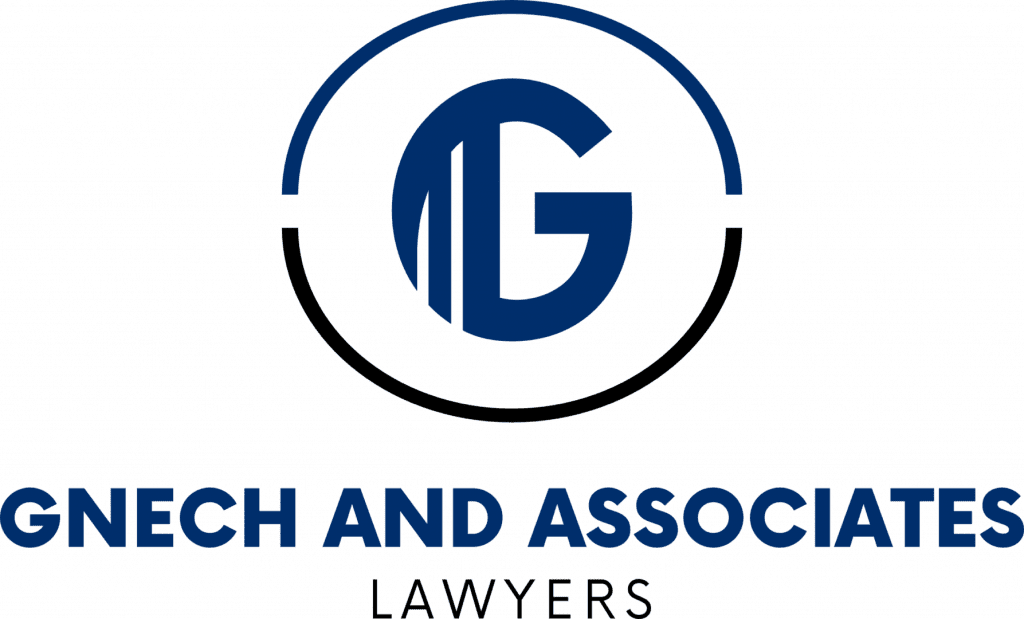By Calvin Gnech, Legal Practice Director, Gnech and Associates, Senior Ethics Counsellor Queensland Law Society
The recent Queensland Civil and Administrative Tribunal (QCAT) decision in Legal Services Commissioner v O’Brien [2025] QCAT 190 has reignited discussion among the profession regarding traffic infringements, disclosure obligations, and suitability to practise. However, as with all regulatory decisions, this case requires careful, contextual reflection rather than knee-jerk conclusions.
The Case at a Glance
Mr Benjamin O’Brien, a legal practitioner, was found to have engaged in professional misconduct following his failure to disclose multiple traffic infringements and a relevant declaration when applying to renew his practising certificate. The Tribunal found this constituted a lack of candour and, more importantly, undermined his suitability to practise, ultimately resulting in a $4,000 fine, a public reprimand, the requirement to complete an ethics course, and an order for costs.
The Real Issue: Lack of Candour, Not Speeding Tickets
While on its face the decision has raised alarm within sections of the legal community about whether a simple speeding fine could jeopardise one’s legal career, it is crucial to correctly interpret the Tribunal’s reasoning. This was not a case about a single traffic infringement. Rather, it was a case about a pattern of non-disclosure, and, fundamentally, a complete lack of candour.
The decision turned, as so many of these matters do, on its precise facts. The cumulative nature of the undisclosed infringements, coupled with inaccurate declarations, painted a concerning picture that went to the heart of the practitioner’s honesty and integrity — qualities that lie at the core of our suitability to practise.
Guidance from the Queensland Law Society
QLS Ethics Centre solicitor Mr Shane Budden has provided timely, practical guidance following this decision via a QLS article urging practitioners to approach disclosures with care and clarity. Mr Budden’s emphasises that disclosure obligations, particularly concerning suitability matters, are inherently fact-dependent. His advice reflects a pragmatic understanding that isolated, minor traffic infringements do not automatically trigger suitability concerns — but failure to disclose them when required most certainly can.
Threshold Questions and Prudence Moving Forward
The key takeaway is that this case illustrates a threshold issue: when completing practising certificate renewals, honesty and full disclosure are paramount. While the decision does not impose a blanket rule requiring retrospective disclosure of historical traffic infringements for past certificates, it brings into sharp focus the importance of prudent disclosure going forward.
Indeed, given the profession’s heightened awareness following this case, the most cautious and responsible approach is to disclose even seemingly minor traffic infringements during future practising certificate renewals. Such transparency avoids any risk of a misunderstanding regarding suitability and, more importantly, reinforces the practitioner’s integrity.
Conclusion
The O’Brien case does not represent a radical shift in suitability standards for legal practitioners. It is a reminder — one practitioners would be wise to heed — that a lack of candour is often far more damaging than the underlying conduct itself.
The lesson is clear: approach your obligations with honesty, transparency, and a cautious mindset. In doing so, you protect your standing within the profession and, more broadly, the public’s confidence in the legal system.


